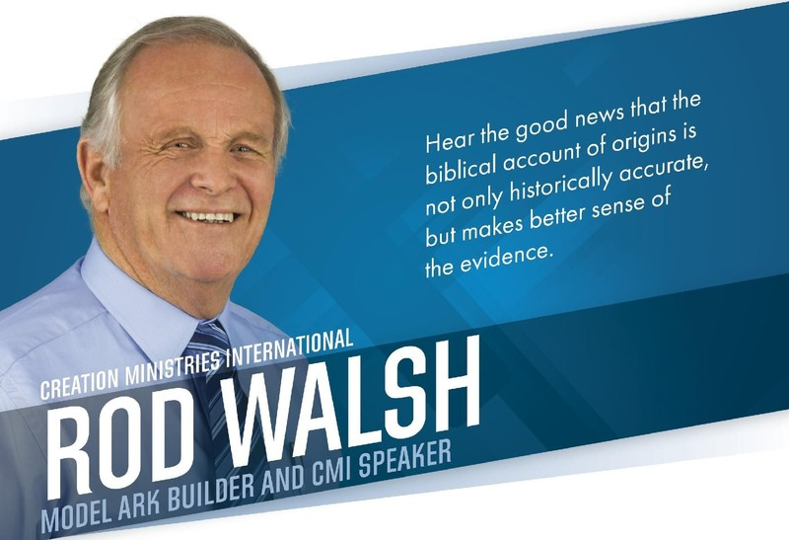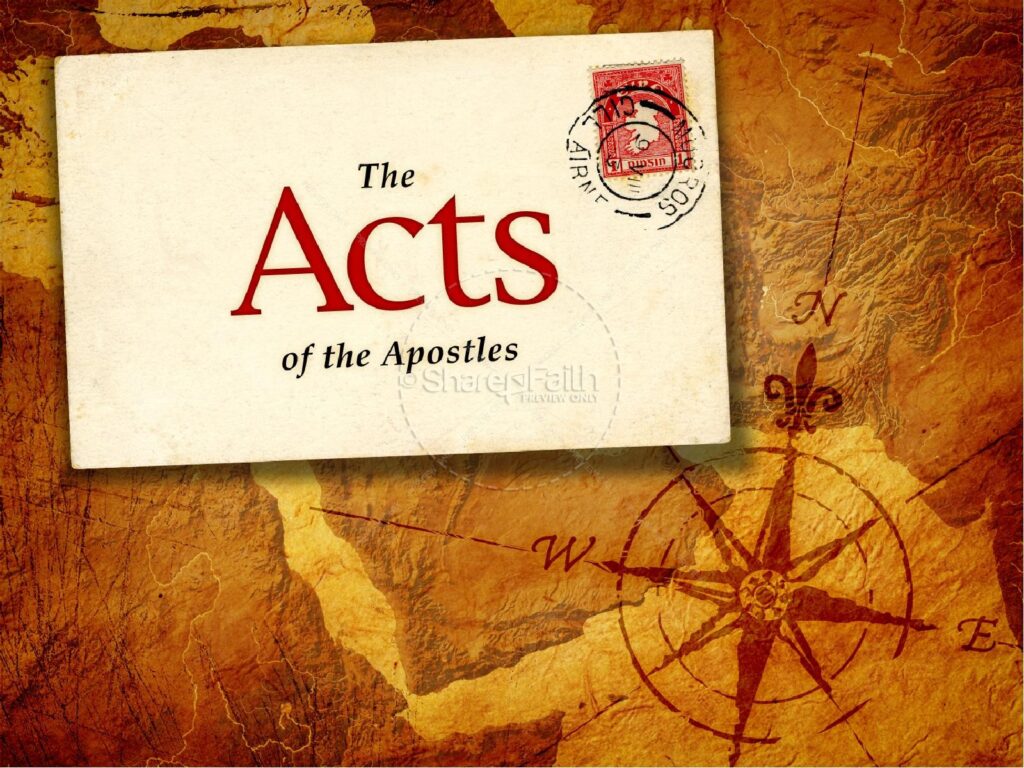The Apostle Paul was never one to tell someone what to do or to face danger, if he hadn’t done what he said or faced that danger himself. Sitting in his prison cell, writing to young pastor Timothy, Paul wanted Timothy to ‘do as he had done’ – that is, prove to be faithful in all aspects of his ministry and true to the Lord Jesus. How Paul did that was to encourage Timothy towards endurance, perseverance and singleminded service of the Lord. Only then would Timothy prove that the Lord will reward those who endure suffering for the gospel’s sake.
Message
Outline
• The fifth in this series
• Where we left off last week
• Endurance required!
• See how Paul called Timothy to be encouraged by…
- The central truth of the gospel (v.8-9a)
- The effective power of the gospel (v.9b-10)
- The great reward of the gospel (v.11-13)
The battle of Waterloo
The gospel: worth living for and dying for!

